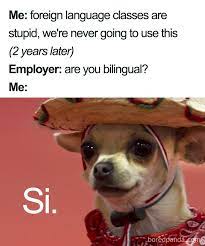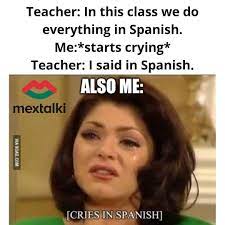5 Mainstream perspectives
Mainstream Perspectives
Common Ideas about the Ideal Spanish speaker
Think back
Think about your previous ideas about the ideal Spanish speaker. Can you think of any other descriptions you have heard/seen of an ideal (real, authentic) Spanish speaker?
Which description of an ideal (real, authentic) Spanish speaker is most common in your context?
Read and discuss
Look at the examples below. How is the ideal (real, authentic) Spanish speaker described? How does the ideal Spanish speaker look, where do they live/come from, what might their life be like, and how might they sound according to these examples?
Podcast Ad

Textbook Covers
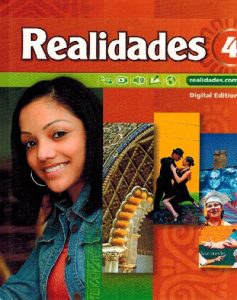
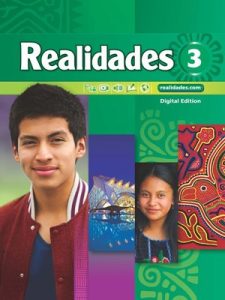
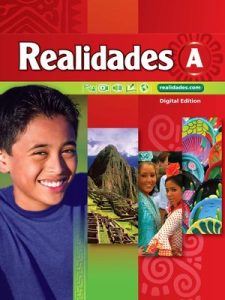
TikTok Video
News Article
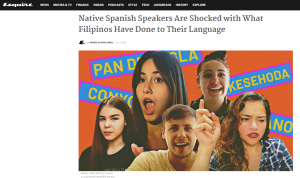
Let’s Discuss
- Should all speakers (including learners) of Spanish aim to be like these examples of ideal (real, authentic) Spanish speakers? What might happen if all speakers of Spanish tried to be like this?
- How might the labels ideal, real or authentic affect how people feel about speaking Spanish? How might this affect learners of Spanish?
Case Studies of Mainstream ideas about speaking Spanish and Spanish speakers
Example 1: Memes
View and discuss
Look at the memes below. Do you think they support or challenge the following ideas:
a) Ideal Spanish speakers have an extensive vocabulary
SUPPORT / CHALLENGE
b) Knowing only a few words of Spanish makes a person look fake and silly
SUPPORT / CHALLENGE
c) A person can feel good about speaking Spanish even if they only know a few words
SUPPORT / CHALLENGE
d) The ideal Spanish speaker can do everything in Spanish without needing to use English or other languages
SUPPORT / CHALLENGE
Example 2: #gringito #guiri
Watch and discuss
- Which speakers of Spanish and English are shown in the videos?
- Who is described as receiving more praise for speaking a second/additional language?
- How do the speakers of Spanish in the video portray themselves? What hashtags have they added to describe themselves? What might these mean?
- How might this create a hierarchy of Spanish speakers? Or not…
- Have you ever experienced these situations? If so, how have you felt? What can be done to deal with those feelings?
Note: All videos are (mostly) in Spanish. The third example is more advanced in terms of language and ideas. Teachers might like to translate this for students.
Example 3: Pausiñol : No entiendo ni papa
Watch the panel of the Spanish version of The Voice and listen to the comment from the Italian judge and singer, Laura Pausini.
- What does Laura Pausini share about her experience speaking Spanish?
- What does she say about the other judges’ Spanish? How do the other judges describe her Spanish? And their own languages?
- What do her experiences and comments suggest about the hierarchy of ideal speakers of Spanish?
Note: This video is in Spanish.
Example 4: Hidden Preferences
Listen and discuss
Listen to all 3 audios.
How would you describe the speech and speaker in each audio? e.g. how does it sound? is it understandable to you?
Do you associate each audio with a speaker from a particular country? How do you think this person might look?
Is there any audio you prefer? Why?
Audio 1:
Audio 2:
Audio 3:
Reflect
After listening, click below to find out the biographical information of each speaker.
Did you have a preference for a speaker with particular characteristics? If yes, why do you think this is the case? Is this a problem? If no, why not?
Are the speakers described similar or different to mainstream perspectives of the ideal Spanish speaker?
Speaker 1: Lucas
Speaker 2: Andrea
Speaker 3: Samir
Reflect
After viewing these mainstream ideas about the ideal speaker of Spanish,
- What patterns do you notice about how the ideal speaker of Spanish is represented?
- Do you fit into any of these patterns?
- How do you feel about these patterns?

